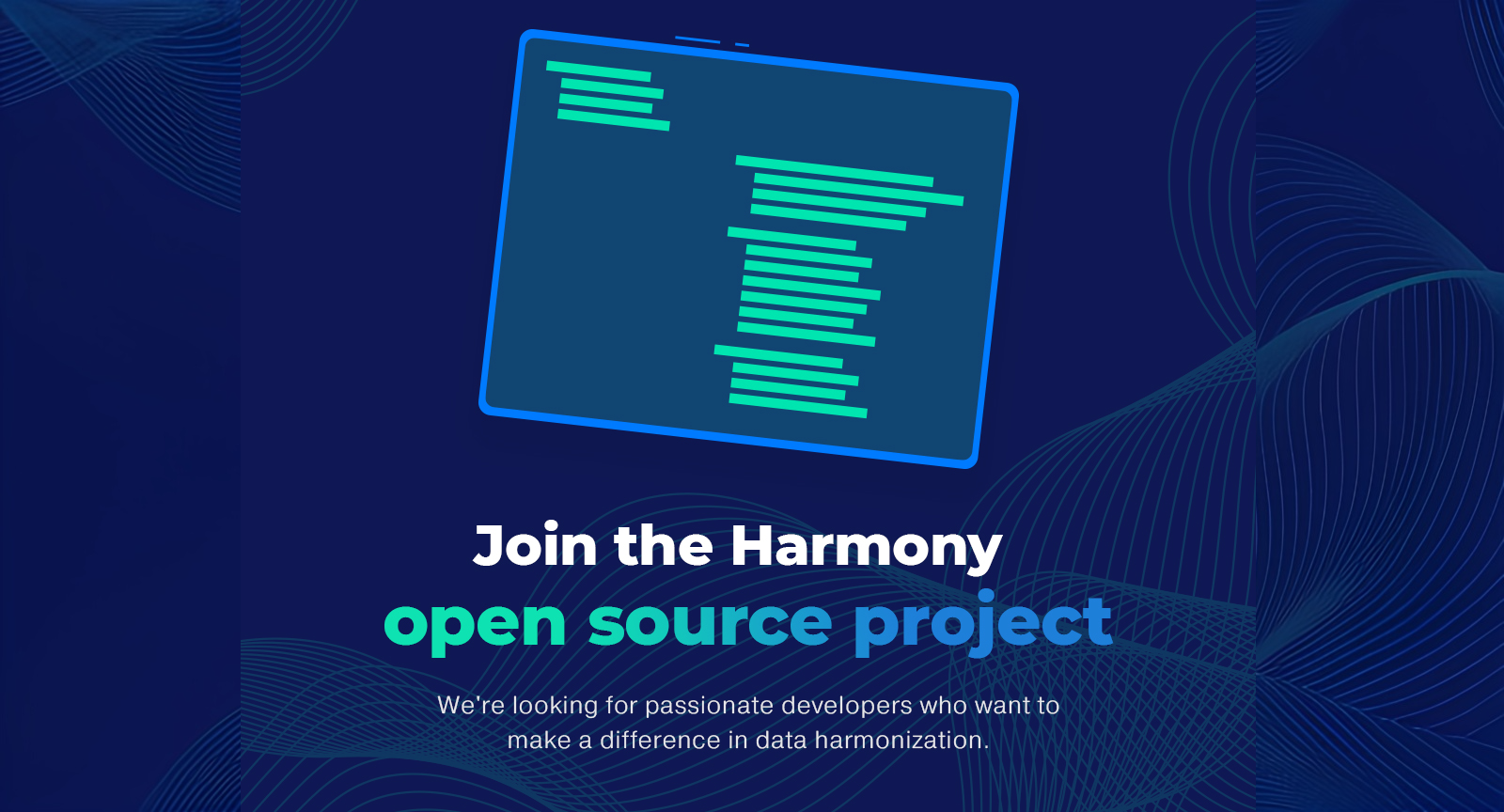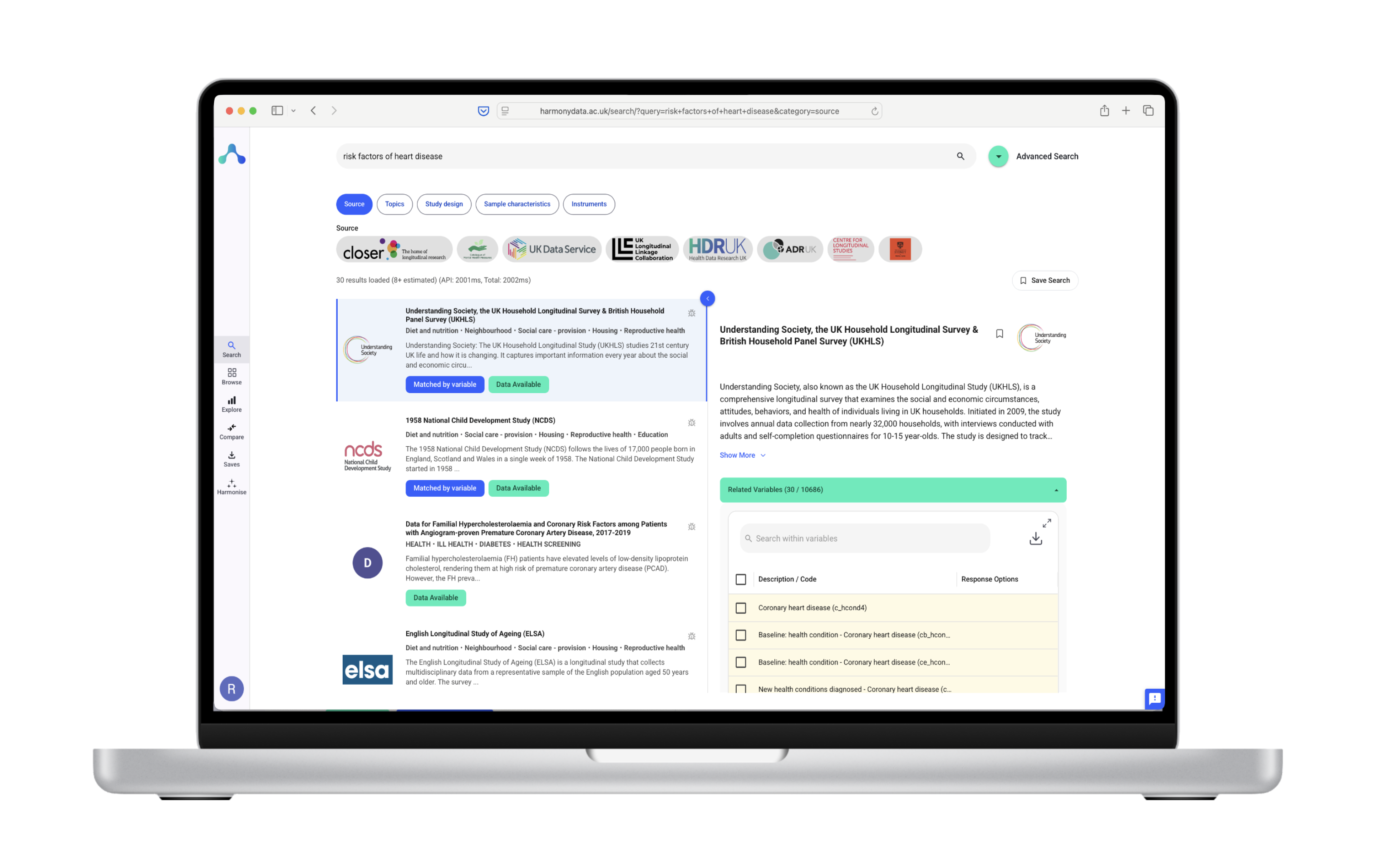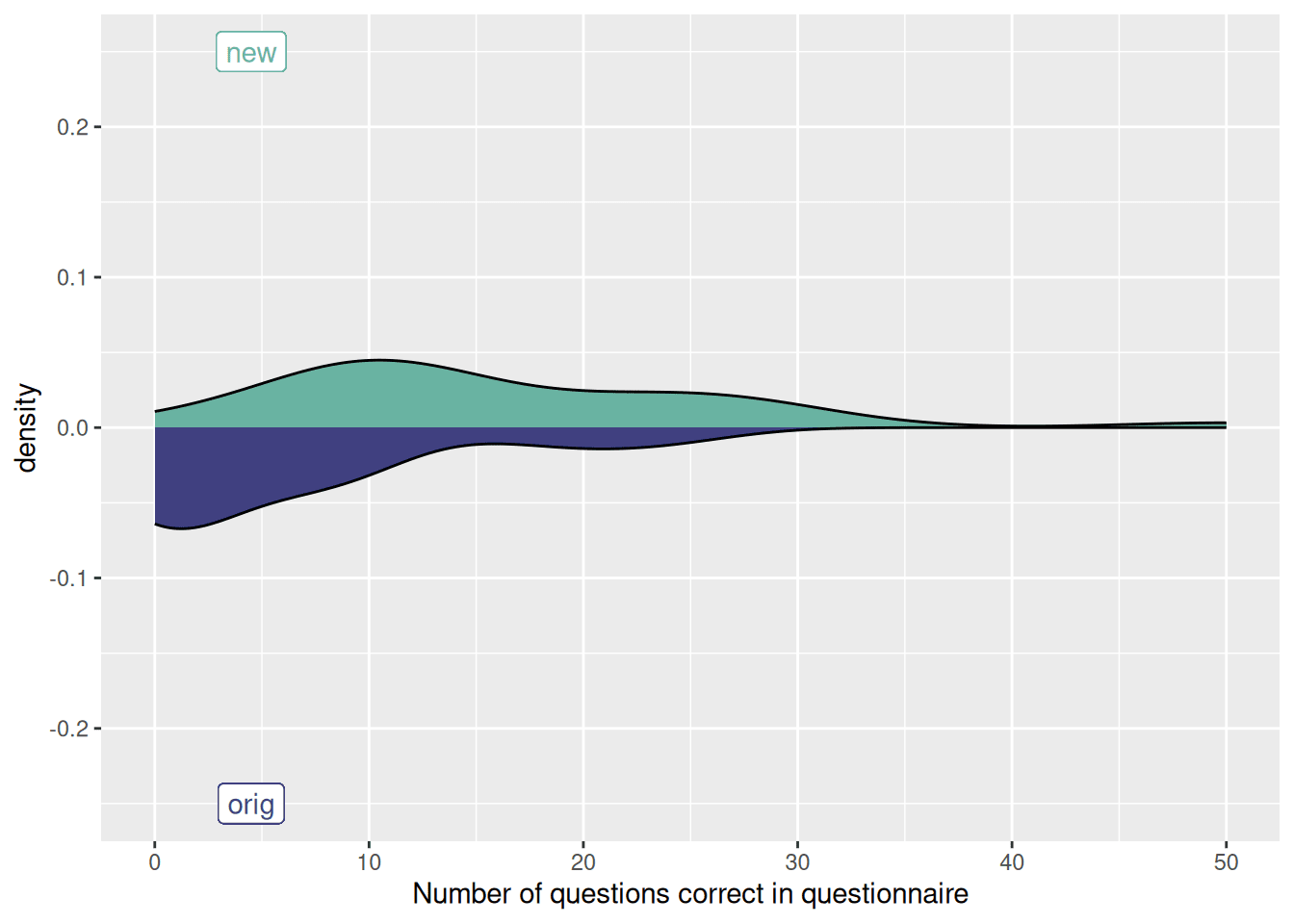
We have a few more issues that have been added to the issue trackers.
If you are new and would like to make a pull request in either the Python or R libraries feel free to pick these up - they should be quite small.
We would like to expose the “between instrument matches” and the “negation” switches in the Python library and then from the API side. Ultimately this will allow the R library to expose this functionality.
First of all have a look at our Large Language Model training and fine tuning challenge! This is an online competition to train a Large Language Model for mental health data and improve Harmony. You don’t need any experience training a Large Language Model before. We provide data. First prize for most accurate LLM is £500 in vouchers!
Secondly, keep an eye out for our next hackathon. We have already run one in 2024 but we are planning more for the future. Find out how to find AI hackathons here.
Please also take a look at the issue trackers on our repositories. There are issues tagged as good first issue which you can pick up

